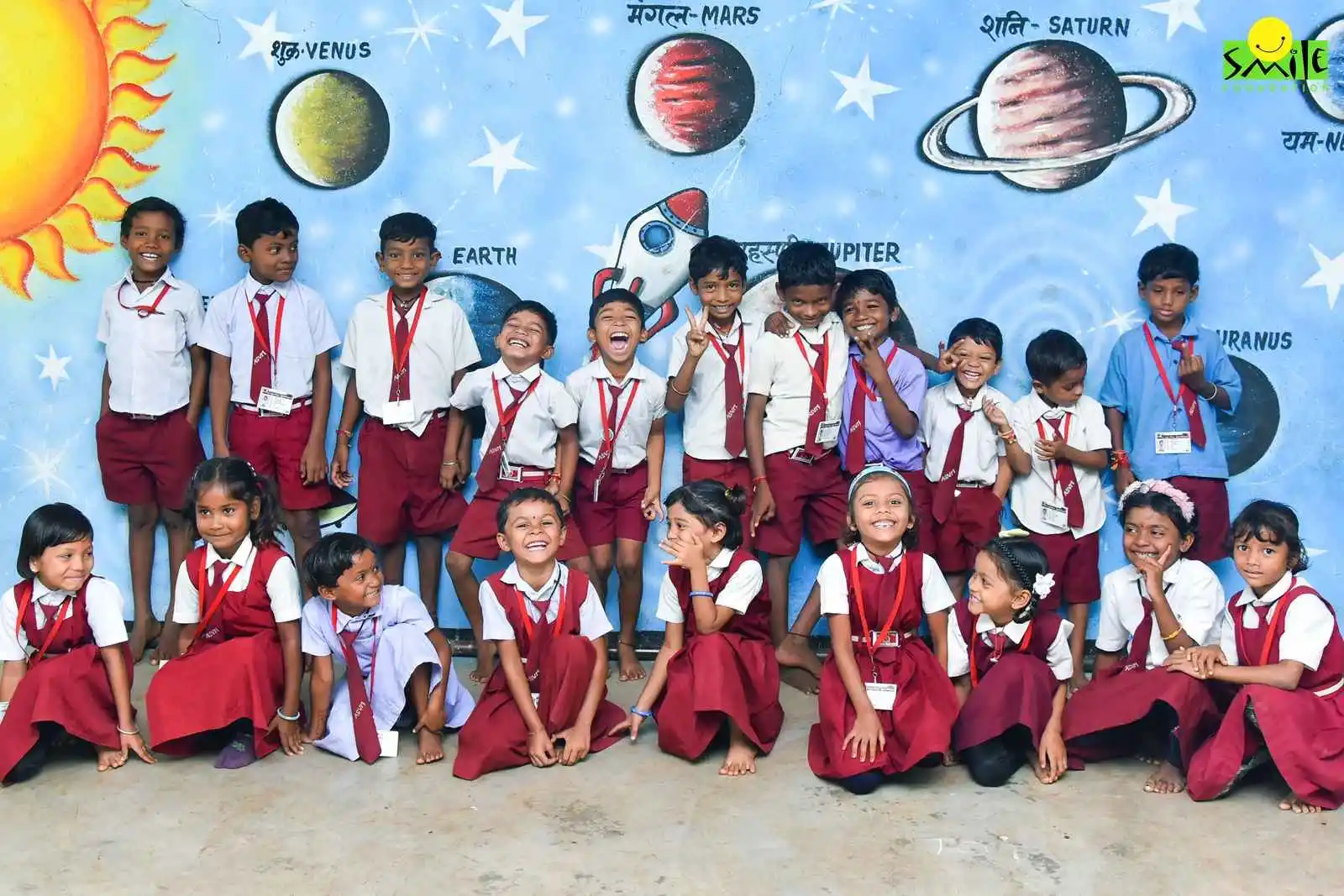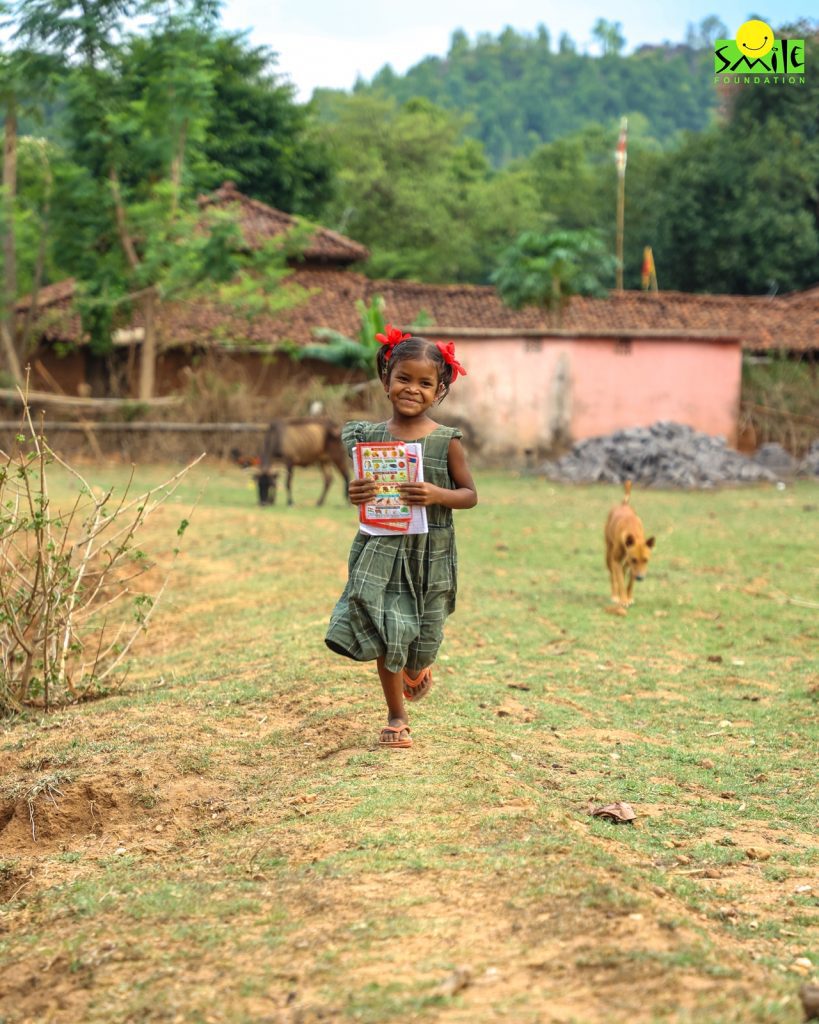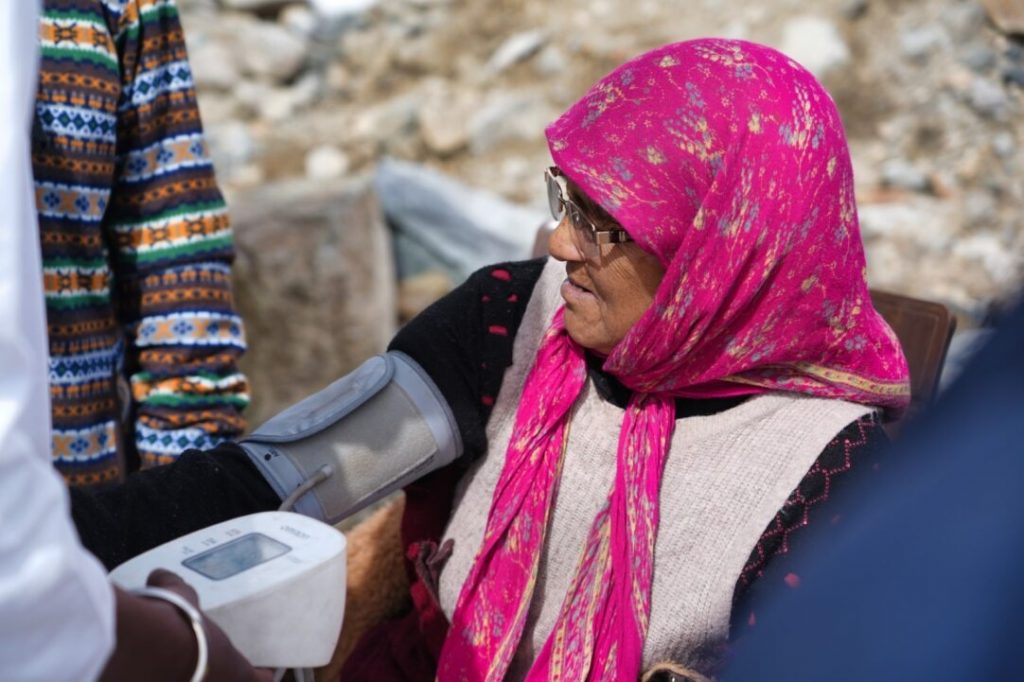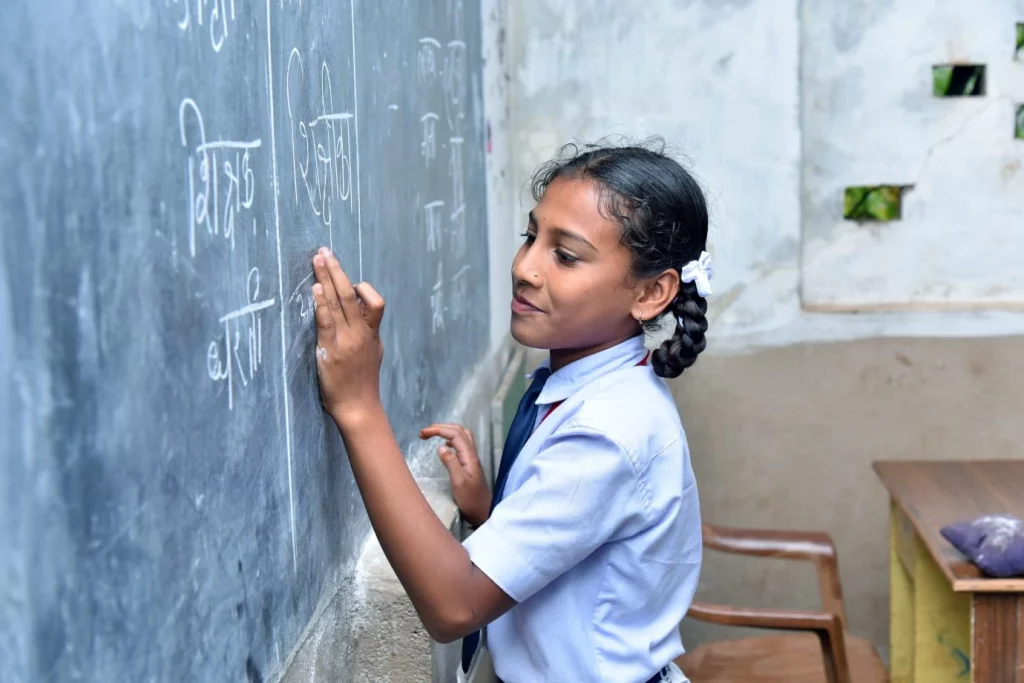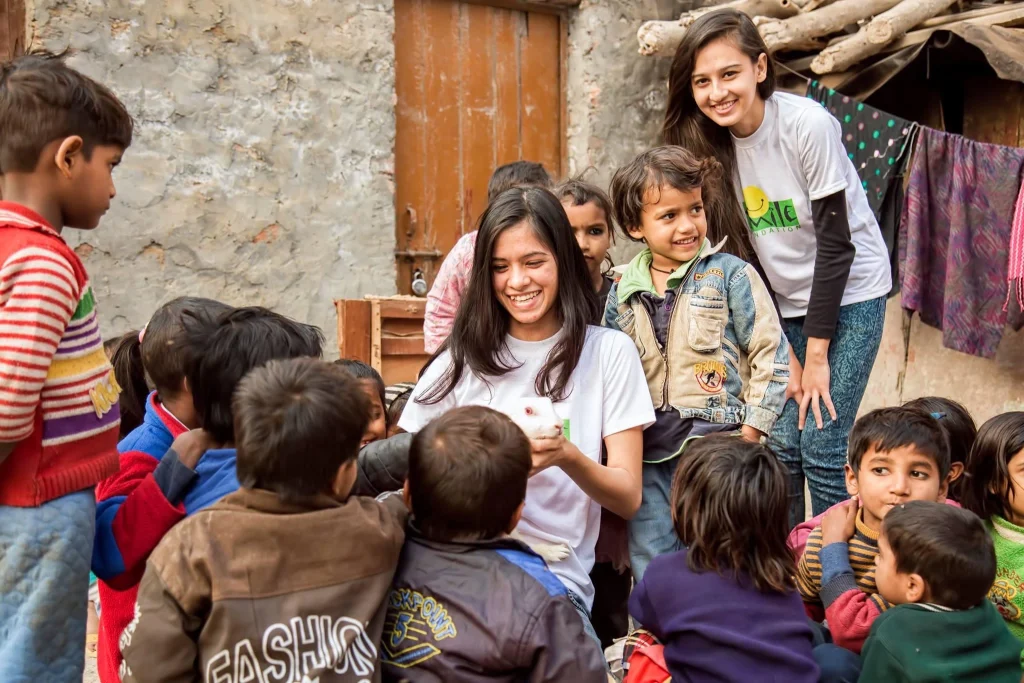In a TEDx Talk, social sciences researcher Rashmi Muraleedhar explores the complex negotiation between our internal world—thoughts, emotions, and perceptions—and the external world. She describes critical thinking as an intermediary process that bridges the gap between the information we absorb from the world and the ideas and actions we project back into it. Muraleedhar emphasises that this process is not passive but active and dynamic. She argues that critical thinking plays a vital role in shaping how we interact with the world.
Quality education is a pressing issue today and the Indian education system faces several challenges that significantly impact students. Inadequate infrastructure, lack of access and equity, and low teacher retention rates are some factors contributing to a subpar education system. Furthermore, the system has long been criticised for its emphasis on rote learning rather than nurturing critical thinking skills.
A key factor behind the persistent pressure on students is the overemphasis on memorisation and standardised testing. Students are often expected to memorise large amounts of information and regurgitate it during exams, leaving little room for proper understanding or developing analytical and critical thinking abilities. However, to truly help our students grow into thoughtful and responsible individuals, we must place equal importance on fostering their critical thinking abilities.
Emphasising the need to be critical thinkers
In an editorial for the Deccan Herald, Kal Krishnan and Roger Marshall note that in the aftermath of the devastating destruction caused by World War II, both Germany and Japan have made remarkable comebacks. On the other hand, India has undoubtedly made progress since its independence, yet the country is still struggling to reach its full potential. Krishnan and Marshall suggest that one primary reason for India’s stagnation over the past 75 years lies in its fragmented education system, which operates in silos, and its failure to prioritise the teaching of critical thinking skills in classrooms. “The IIT curricula were designed to produce competent engineers, not critical thinkers,” they comment.
Their point underscores the need for critical thinking to be integrated into education. In fact, when we look at the leaders who have shaped our nation, it is clear that they were all profound thinkers. Critical thinking is thus the foundation of a thriving democracy and a progressive society. With it, we can produce a generation of people who may be highly skilled at handling technical tasks but may need to be equipped to understand the nuances of society, politics, or the environment. A ”thinking Indian” is therefore, someone who does not passively accept information but actively engages with it, questions it, and seeks to understand the underlying principles behind the facts. Critical thinking encourages scepticism—healthy scepticism that asks questions like, “Why do we do things this way?”, “What are the long-term consequences?” and “Who benefits from this policy or practice?”
Taking education beyond the classroom
One way to build thinking citizens in our country would be to extend education beyond the confines of the traditional classroom. While schools and universities are essential for imparting foundational knowledge, true transformation occurs when education transcends these spaces and engages with the real world. This is where experiential learning, open discussions, debates and exposure to diverse perspectives become crucial. We can nurture reflective and independent thinkers by encouraging students to engage with ideas and experiences outside of textbooks. The goal of education should not be an abstract or idealistic dream but a practical necessity for a vibrant, democratic and progressive nation.
Consider the issue of gender inequality in our country. A person with education might be aware of the basic statistics: that women, especially in rural and semi-urban parts of the country, have lower literacy rates, limited access to healthcare, and are often underrepresented in the workforce. However, only an educated critical thinker would approach these statistics not just as numbers but as a reflection of deeper, historical and systemic issues. They would explore the root causes of gender inequality—such as patriarchy, cultural norms and unequal access to education and economic opportunities to make sense of these numbers.
Navigating the role of technology and media
Over the last decade, technology and media have become powerful tools for both education and misinformation. In the digital age, the internet offers unprecedented access to knowledge and global discourse. However, this access also poses a challenge: distinguishing between credible information and misinformation. Only a critical thinker can evaluate the information they consume, recognise biases and discern fact from fiction.
Social media, for instance, is a double-edged sword. It can be a platform for the exchange of ideas, for fostering relationships, for social activism but it also creates echo chambers where false information spreads rapidly, and users are exposed only to ideas that align with their pre-existing beliefs. Engaging with diverse opinions, remaining open to different perspectives, and questioning information critically are essential for cultivating a thinking society.
In an article for The Hindu, Shraddha Bharaity emphasises the crucial importance of critical thinking in the digital age, especially in an era dominated by fake news and deep fakes. She argues that integrating crucial thinking into educational syllabi is essential. Cultivating this skill from a young age would lay the foundation for lifelong learning and equip individuals to make informed decisions.
By fostering curiosity, encouraging debate, embedding critical thinking across subjects and creating a supportive learning environment, we would be helping children develop the required skills to navigate the complexities of the modern world and contribute meaningfully to our society.
Smile Foundation recognises the urgent need to transform education into a tool for fostering critical thinking, going beyond rote learning to nurture thoughtful, analytical and socially responsible individuals. In a system often constrained by standardised testing and memorisation, Smile Foundation strives to equip students with skills that encourage inquiry and understanding. Through experiential learning, open discussions and exposure to diverse perspectives, we take education beyond the classroom, empowering children to engage with real-world challenges and develop the ability to question, analyse and innovate.
By integrating critical thinking into its programmes, Smile Foundation helps children become more than passive recipients of information—they become active participants in their education and society. We address issues like gender inequality and digital literacy, teaching students to view these challenges critically, exploring root causes and systemic factors. This approach aligns with the belief that an education system fostering reflective and independent thinkers is vital for building a progressive and equitable society. Smile Foundation’s work creates the foundation for a generation ready to navigate complexities and contribute meaningfully to a vibrant democracy.

